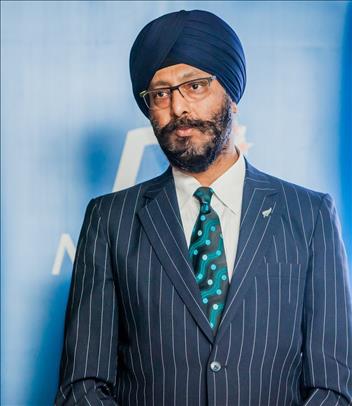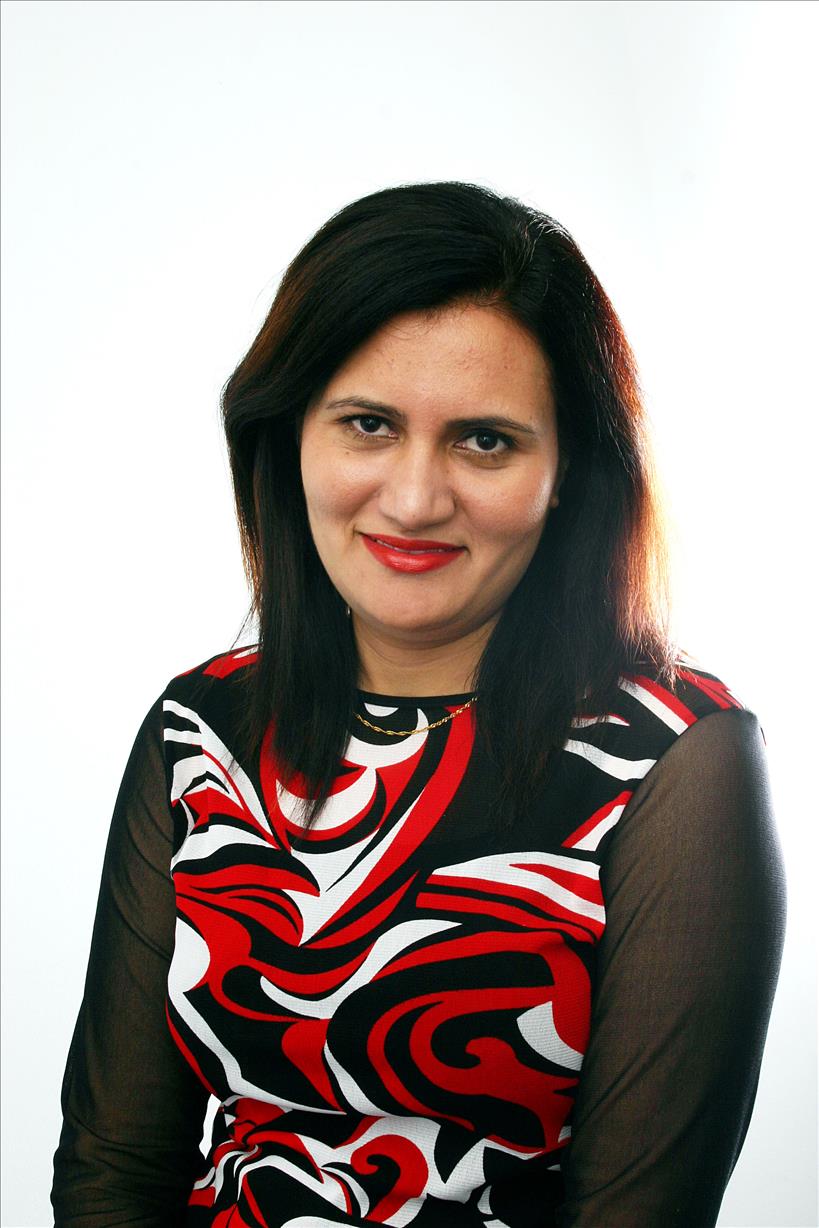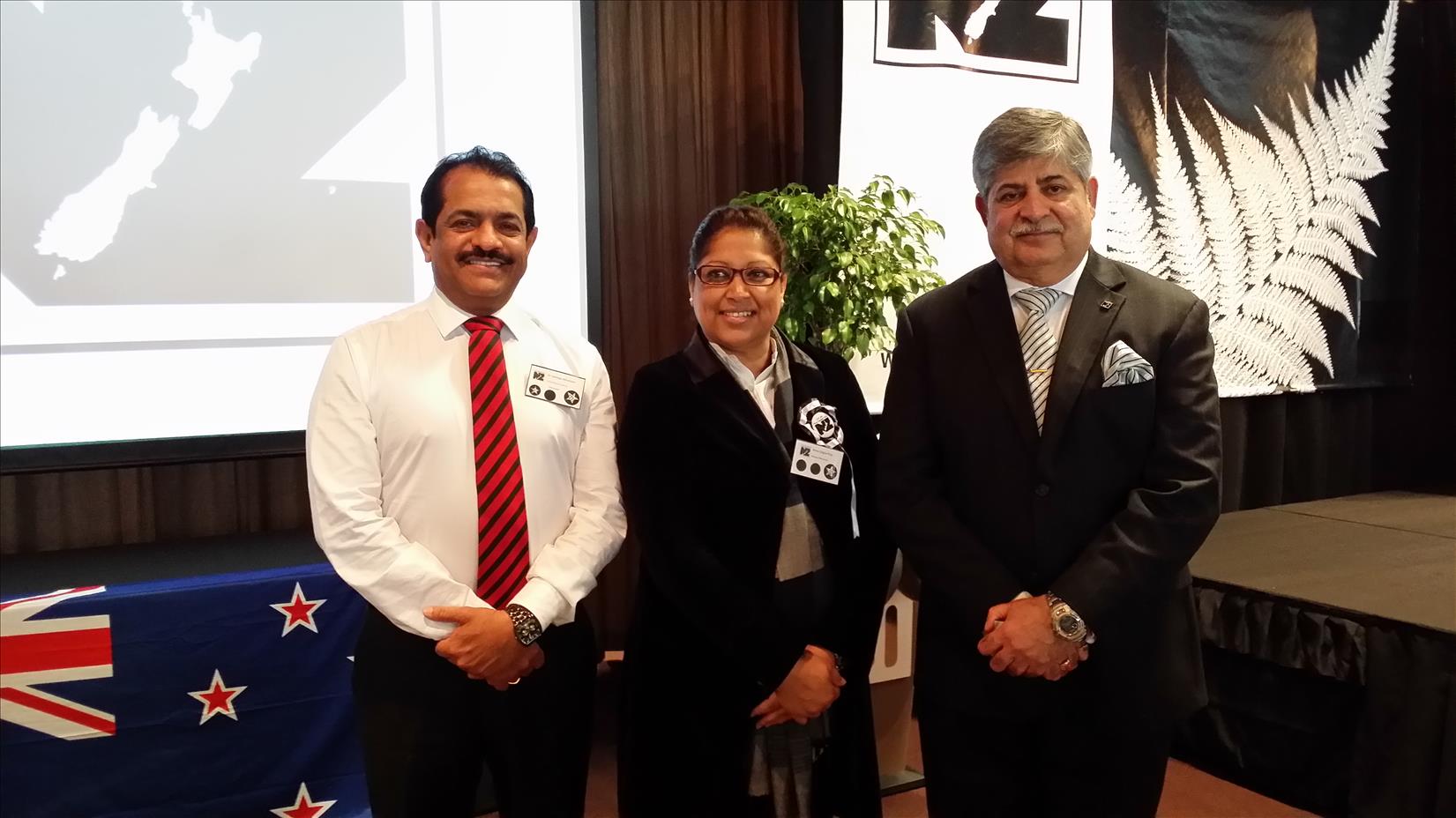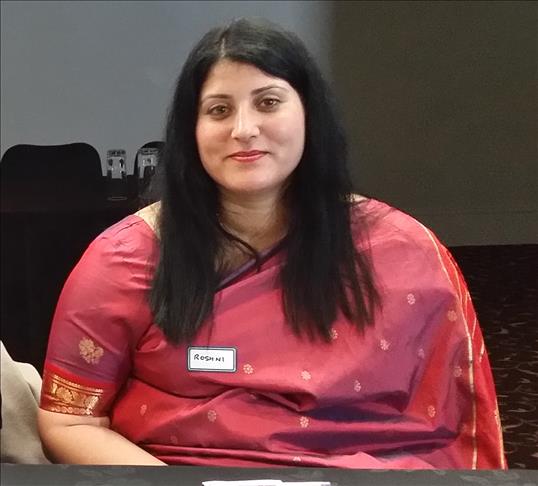When Mohandas Karamchand Gandhi and his team of nationalists succeeded in obtaining freedom from foreign rule on August 15, 1947, India was in turmoil.
It was a country that had practiced civilised way of life in an era when most of the world was engaged in unhealthy and unacceptable practices.
During hundreds of years of alien rule, India was trampled by Central Asian and European invaders.
Political freedom could not automatically translate into the empowerment of the masses since even though Indian ethos was still alive, the fabric of the Nation was ruined by exploitation. The language, culture, economy, science, agriculture and almost every other pillar of the Indian nation had been decimated.
The call by independent India’s First Prime Minister Pandit Jawaharlal Nehru (“India shall awake”) meant that mountains had to be moved.
Successive governments made a choice to concentrate on infrastructure, agriculture and education, to lay the foundations for future social mechanisations.
Noteworthy progress was achieved and the Nation started breathing again.
Cold war, obsessed neighbours and sick elements within frustratingly slowed the progress but as we all are witness, the journey towards Bharat has been steady.
New beginning
With the arrival of Narendra Modi as the Prime Minister, a new era has set in and the entire nation seems to be gearing for the long-awaited transformation from self-sufficiency in food production to well-nourished healthy people; from education in classrooms to its application outdoors.
The Indian Diaspora is thrilled and the euphoria to participate is very heartening.
The ‘Indian inside’ is awakening and people seem to be setting targets for themselves and lobbying with others to contribute to this exercise.
Journey to empowerment of Indian masses has already started!
Kiwi Indians grow
In New Zealand, our (Kiwi Indian) ancestors fought a relentless battle to reach the present day stage of equality and almost level-playing field.
The progress of the community in varied fields has been noteworthy.
The current Parliament has one member of Indian origin, each representing National and Labour. The first step of representation is definitely a major step forward.
In the forthcoming election on September 20, 2014, the number of List candidates of Indian origin has grown significantly.
Larger representation
We now have two candidates each in National, Labour and three in New Zealand First. It is interesting that other smaller parties are also getting the message.
This gives an indication of the growing influence of the Kiwi Indian community and we can take pride in this paradigm shift. We salute those who have joined various political parties and earned a place for themselves to qualify for the selection.
But this does not directly reflect the empowerment that should be the ultimate aim of any self-respecting community.
It is important to note that we still have no say in the selection of the list candidates and no one should misunderstand the term representation with selection.
Kiwi Indians must awaken. Looking at the numbers (the main mantra of democracy), it will be an empowering act to take the next step of sending representatives to the next Parliament. The Journey has begun!
Veer Khar is President of the Manukau Indian Association. The views expressed in the above article are his own and not those of either the Manukau Indian Association or Indian Newslink.






Election 2014 will feature at least six candidates of Indian Origin. They are Kanwaljit Singh Bakshi, Dr Parmjeet Parmar (National), Priyanca Radhakrishnan, Sunny Kaushal (Labour), Dr George Abraham, Anne Degia-Pala and Mahesh Bhindra (New Zealand First) and Roshni Sami (Internet Mana). Our analysis of ‘sure wins’ will appear in our next issue.




